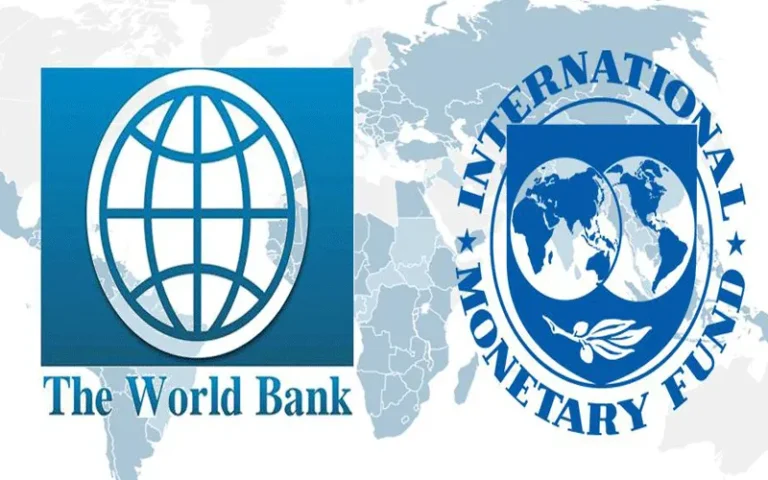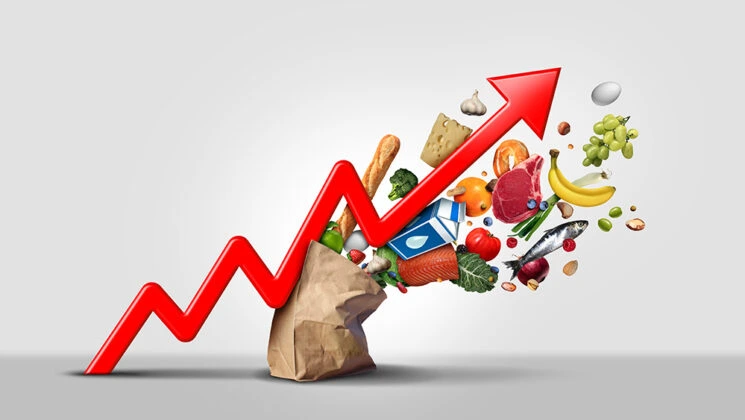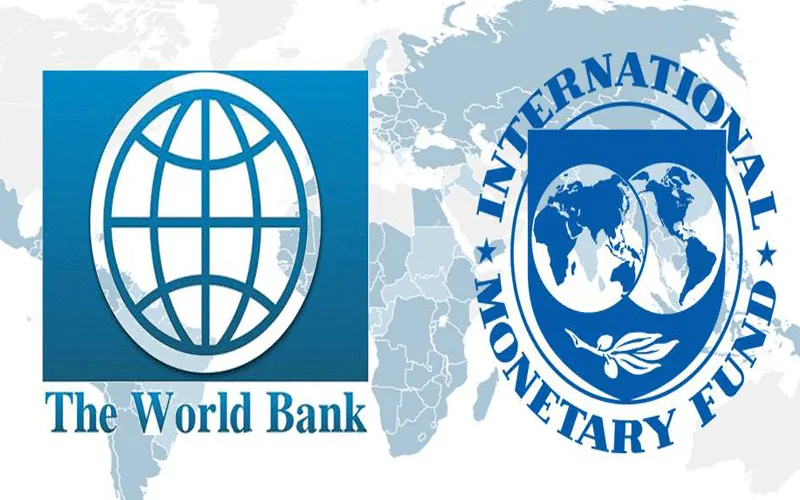As Sri Lanka prepares to lift restrictions on vehicle imports early next year, industry experts are urging the government to prioritize importing new vehicles over used ones. They warn of significant environmental, economic, and technological consequences if outdated vehicles are allowed to flood the market.
The Risks of Reintroducing Used Vehicles
Experts emphasize the challenges associated with importing older vehicles, particularly commercial ones. A vehicle that is five years old, for example, may have already been driven over 500,000 kilometers. Such extensive use increases the likelihood of costly repairs to critical components like engines, transmissions, and suspension systems. While the upfront cost of these vehicles might seem attractive, frequent maintenance and replacement parts result in substantial foreign currency outflows over time.
Key Concerns About Older Vehicles
- Environmental Impact
- Older vehicles contribute to higher pollution levels because they lack advanced emissions control technologies found in newer models. These outdated vehicles burn less refined fuels, exacerbating environmental harm.
- Vehicle emissions are a pressing global issue, and allowing the influx of older, high-emission vehicles could undermine Sri Lanka’s environmental commitments.
- Technological Stagnation
- The automotive industry evolves rapidly, with newer vehicles featuring cutting-edge safety measures, improved fuel efficiency, and enhanced performance.
- Encouraging imports of outdated vehicles limits consumer access to these advancements, keeping Sri Lanka technologically behind and reducing options for safer, more efficient transportation.
- Economic Challenges
- While used vehicles have a lower upfront cost, their long-term expenses, including frequent repairs and the absence of warranties, outweigh initial savings.
- In contrast, new vehicles often come with warranties, reducing unexpected expenses and foreign currency outflows in the long run.
- Reputational Risks
- Allowing the import of outdated vehicles risks turning Sri Lanka into a dumping ground for inefficient and unwanted cars from wealthier nations. This pattern has been observed in regions like parts of Africa and India, where lax regulations have made them repositories for old vehicles.
- Experts argue that Sri Lanka should not accept the role of becoming a “junkyard” for obsolete vehicles.
Proposed Measures for Vehicle Imports
To address these concerns, experts suggest implementing stricter regulations on vehicle imports. These measures include:
- Setting Stringent Emissions and Safety Standards
- Only vehicles that meet modern environmental and safety benchmarks should be permitted into the country.
- Enforcing these standards will help reduce pollution and ensure the safety of drivers and passengers.
- Limiting the Import of Used Vehicles
- Restricting used vehicle imports to models manufactured within the past two years would help maintain environmental standards and introduce newer technologies to the Sri Lankan market.
- This approach balances affordability with quality and technological advancement.
Specific Recommendations for Vehicle Import Standards
To better regulate vehicle imports, experts propose amending the existing descriptions under the HS code system. The changes aim to restrict the age of imported vehicles while maintaining essential categories for commercial and passenger transport:

These adjustments aim to reduce the risk of outdated, inefficient vehicles entering the market and encourage the use of newer, safer, and more environmentally friendly models.
Long-Term Benefits of Prioritizing New Vehicles
- Improved Air Quality
- By limiting older vehicles, Sri Lanka can significantly reduce pollution levels, promoting a healthier environment for its citizens.
- Enhanced Consumer Safety
- Newer vehicles come equipped with advanced safety features, reducing the risk of accidents and ensuring better protection for passengers.
- Economic Stability
- Focusing on new vehicles with warranties minimizes foreign currency outflows related to frequent repairs and maintenance, contributing to economic stability.
- Modernized Vehicle Fleet
- Encouraging the import of modern vehicles ensures Sri Lanka’s transportation sector keeps pace with global technological advancements.
A Call to Action
Industry experts stress the importance of the government taking decisive action to regulate vehicle imports. Allowing a flood of outdated, used vehicles could harm Sri Lanka’s environment, economy, and international reputation. By prioritizing the importation of new vehicles and enforcing stringent regulations, the country can safeguard its future while ensuring a safer and more efficient transportation system.
The proposed measures, if implemented, would not only elevate the quality of vehicles in the country but also protect Sri Lanka from becoming a dumping ground for obsolete automobiles.











